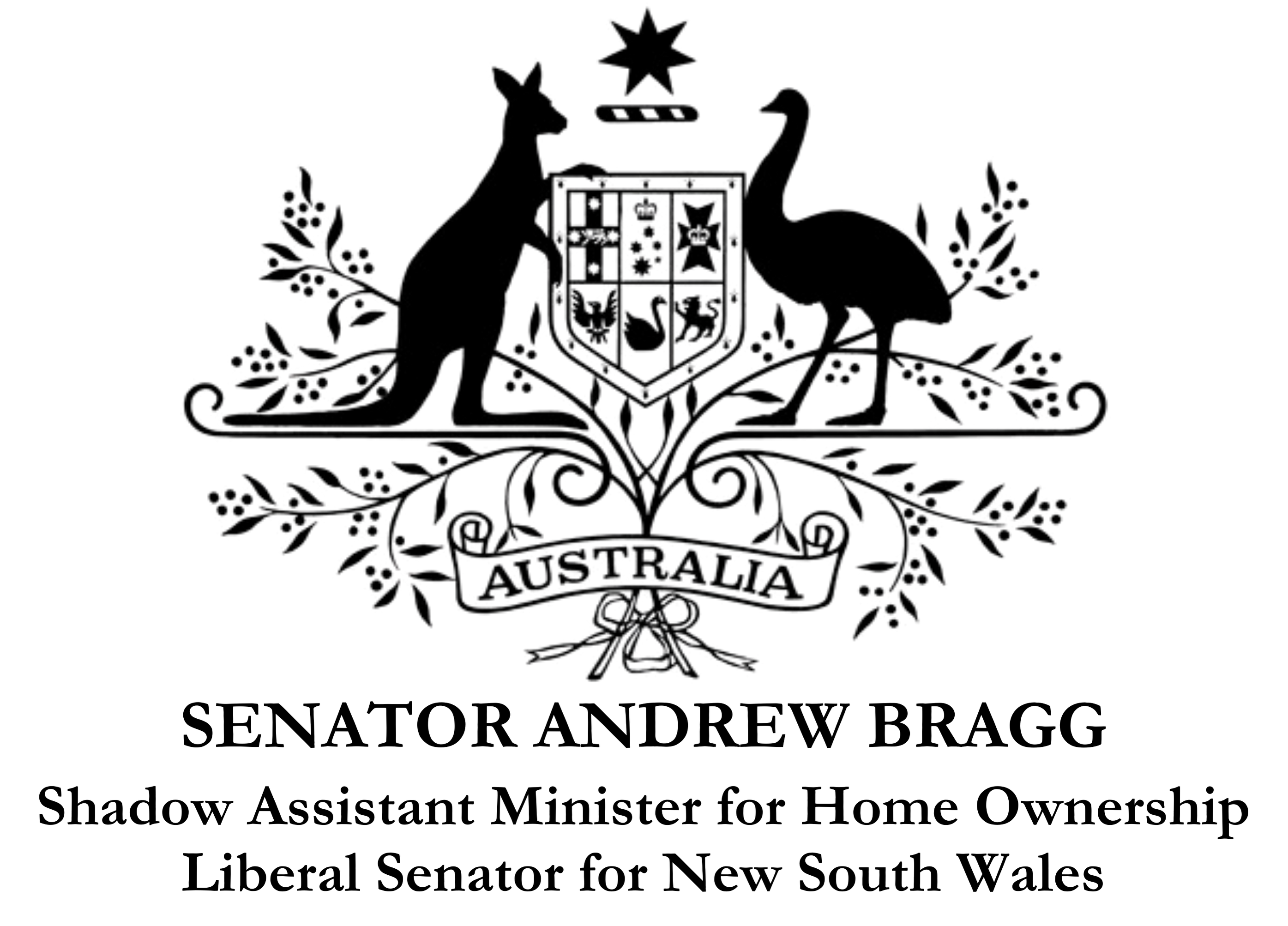Media Ownership Inquiry is Hashtag Politics at Its Worst


 “If truth is to emerge and in the long run be triumphant,” Robert Menzies cautioned, “the process of free debate – the untrammelled clash of opinion – must go on.” My philosophy as a legislator is guided by clear liberal principles. In my first speech to the Senate, I said: “We support enterprise. We believe in markets. And we believe in some regulation of industry. We believe markets must serve the public interest.” The test for regulatory intervention in a market is therefore public harm. The test for a royal commission is systemic harm. The Senate References Committee on Environment and Communications has demonstrated this week that not enough politicians understand these tests. Perhaps it shows too many politicians are unwilling to cope with the challenges that come with a free press. The committee’s majority report has bowed to the Twitter mob and recommended a judicial inquiry with royal commission powers into media ownership. We should make no mistake about what this means – they have indulged former prime minister Kevin Rudd’s request for a #MurdochRoyalCommission. This is hashtag politics at its absolute worst – pursuing an ideological agenda to fulfil weirdo, bizarre and trivial goals. More than 5000 submissions were received by the inquiry. The vast majority were done as part of an orchestrated campaign, shepherded by Rudd and the activist group GetUp, which submitted thousands of submissions on behalf of other people. It is not a good-faith contribution to policy formulation. There are two specific flaws in the committee’s recommendations. First, the media landscape in Australia is not an oligopoly or monopoly. On the contrary, it has never been more vibrant. Second, royal commissions are expensive and intrusive – they should be used only where there is a sufficiently serious question to be answered, one that cannot be answered by other means. The media market in Australia has never been more competitive and diverse, as was confirmed by Australian Competition & Consumer Commission chairman Rod Sims in his testimony. The report repeatedly contends that Australia has “one of the most concentrated news media markets in the world” but provides scant supporting evidence for this extraordinary claim. The authors should have been more careful not to undermine the committee’s own recommendations by being so flippant with the distinction between fact and opinion. Thanks to the disruption of big tech, which is hilariously ignored, Australians are exposed to a media landscape that has never been more diverse. Only 7 per cent of Australians access just one brand for their news. Fifty-one per cent access five or more news brands. Sixty per cent access news from their mobile phones from a range of apps and aggregators. Australians also have access to free or subscription content from dozens of news sources. Rudd has contended that News Corp has a monopoly on Australia’s media market. This is based on the view that News Corp controls a significant portion of newspaper circulation. In the digital age, assessing media concentration based on newspaper circulation is deeply embarrassing. It is like conducting an assessment on the prospects of Kodak film without considering digital cameras and iPhones. Royal commissions should not be used so flippantly. The commonwealth has had nine royal commissions in the past 10 years. We need to establish that a clear threshold of seriousness is required for opening a royal commission. We have been far too casual about what royal commissions entail: extraordinary costs, an outsourcing of the democratic process and intrusive legal investigations. We owe it to voters and taxpayers to take these interests seriously. We are also elected to perform this function. The Senate can call for witnesses and documents, and such proceedings enjoy the protection of parliamentary privilege. We can table recommendations directly to parliament. In fact, this committee did just that, and failing to find the results it was hoping for, and shrinking from the hard task of devising policy solutions, it instead has decided to outsource this responsibility to expensive lawyers. The same people calling for a royal commission into private media organisations are the same people who wouldn’t have an inquiry into complaints handling by a public broadcaster. The hypocrisy is clear. This inquiry is a stunt, conducted at taxpayers’ expense. It offers no serious recommendations for reform. It is designed for the social media platforms of politicians who are more interested in protesting than governing. Australia’s media landscape is dynamic and diverse. People can access news and information from more sources and in more ways than ever. Thanks to the government, our policy settings have evolved to address the disruption of big tech and public-interest journalism is supported by various interventions. During the next decade, parliament should maintain its focus on the challenges of big tech rather than looking in the rear-view mirror at bogeymen of yesteryear. Andrew Bragg is a Liberal senator for NSW. He is deputy chairman of the Senate References Committee on Environment and Communications.


.png)
.svg)

.svg)
.svg)